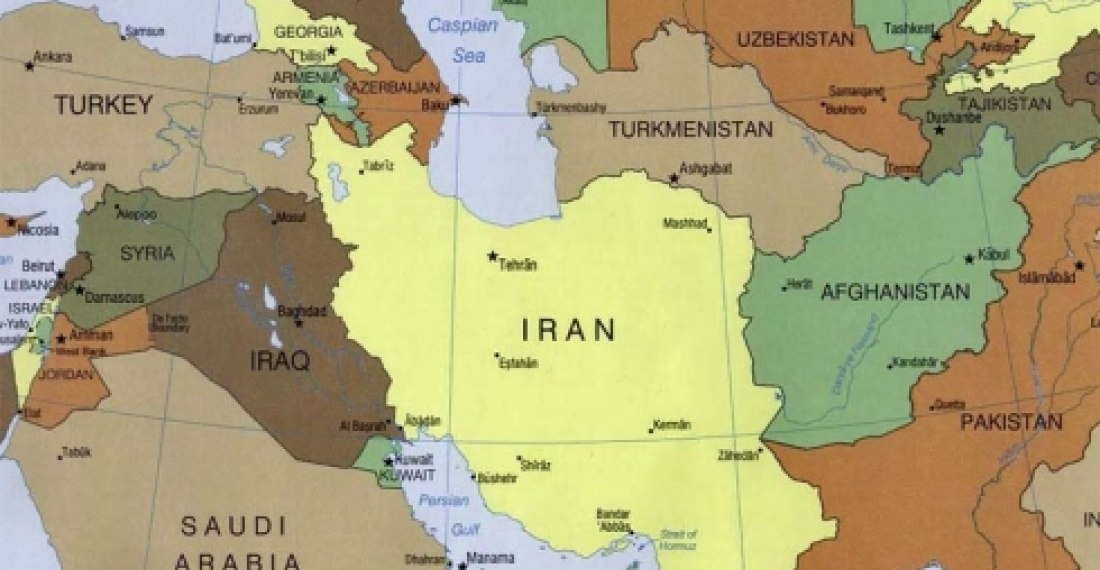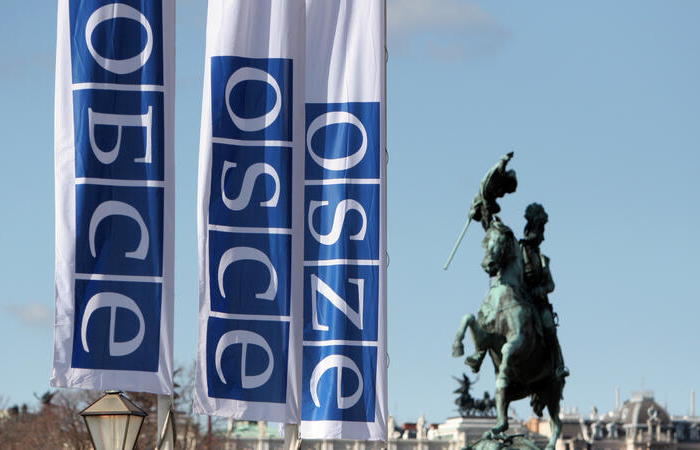The fourth Caspian summit wıll open today in Astrakhan and will gather the heads of all the five Caspian littoral states - Russia, Iran, Kazakhstan, Azerbaijan and Turkmenistan.
Efforts by the littoral countries to develop a convention that will regulate use and access to Caspian waters has been going on for more than 15 years. Over this period, a number of bilateral agreements on the Caspian delimitation have been agreed but agreement on a wider convention has not yet been possible and no major breakthrough is expected in thıs meeting.
The Russian side has been sounding optimistic ahead of the summit. According to Russian presidential aide Yuri Ushakov, the political statement by the five heads of state, which will be adopted, will "become a cornerstone of a future convention [on the Caspian legal status]."
"The process of the preparation of the convention on the Caspian legal status is close to a breakthrough," Ushakov said. "And if the work in Astrakhan is a success, it will pave the way for its [convention] signing at the next summit that will be held in Kazakhstan."
The Kremlin official said certain results have been achieved in the statement preparation, in particular, on the sea area delimitation. According to him, two zones will be fixed - the state sovereignty zone and the zone with exclusive fishery rights; the size of these zones will be 25 nautical miles.
However observers consider that the differences between the positions of the five states remains substantial. Both Russia and Iran are keen to exclude other countries apart from the five littoral states from the region.This may prevent the other three countries from securing the necessary technology to develop their resources in the region.
The summit agenda also includes discussions on issues of security, economy, transport and ecology, as well as international issues. Three intergovernmental agreements - on co-operation in coping with emergencies, on hydrometeorology issues and on the preservation of the Caspian aquatic bio-resources, are expected to be signed furing the meeting.
source: commonspace.eu with Itar Tass







